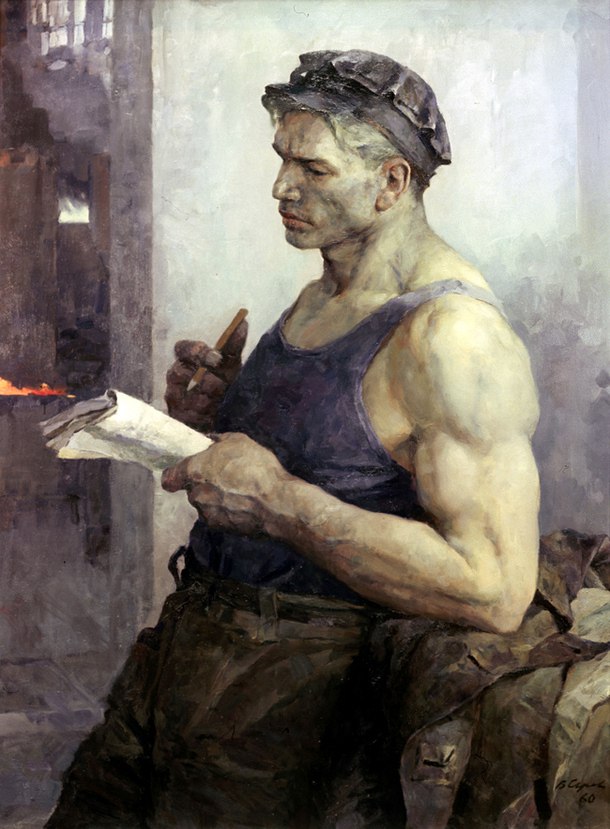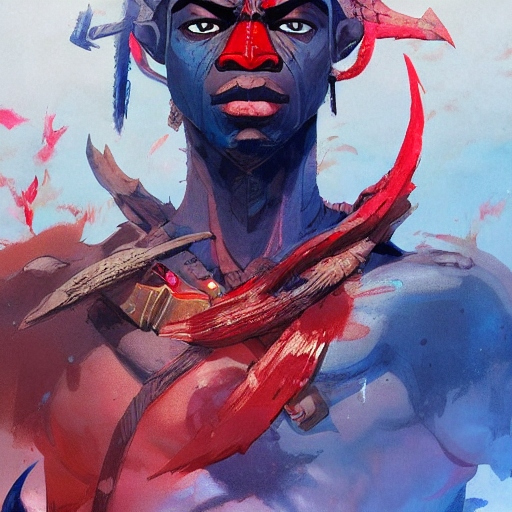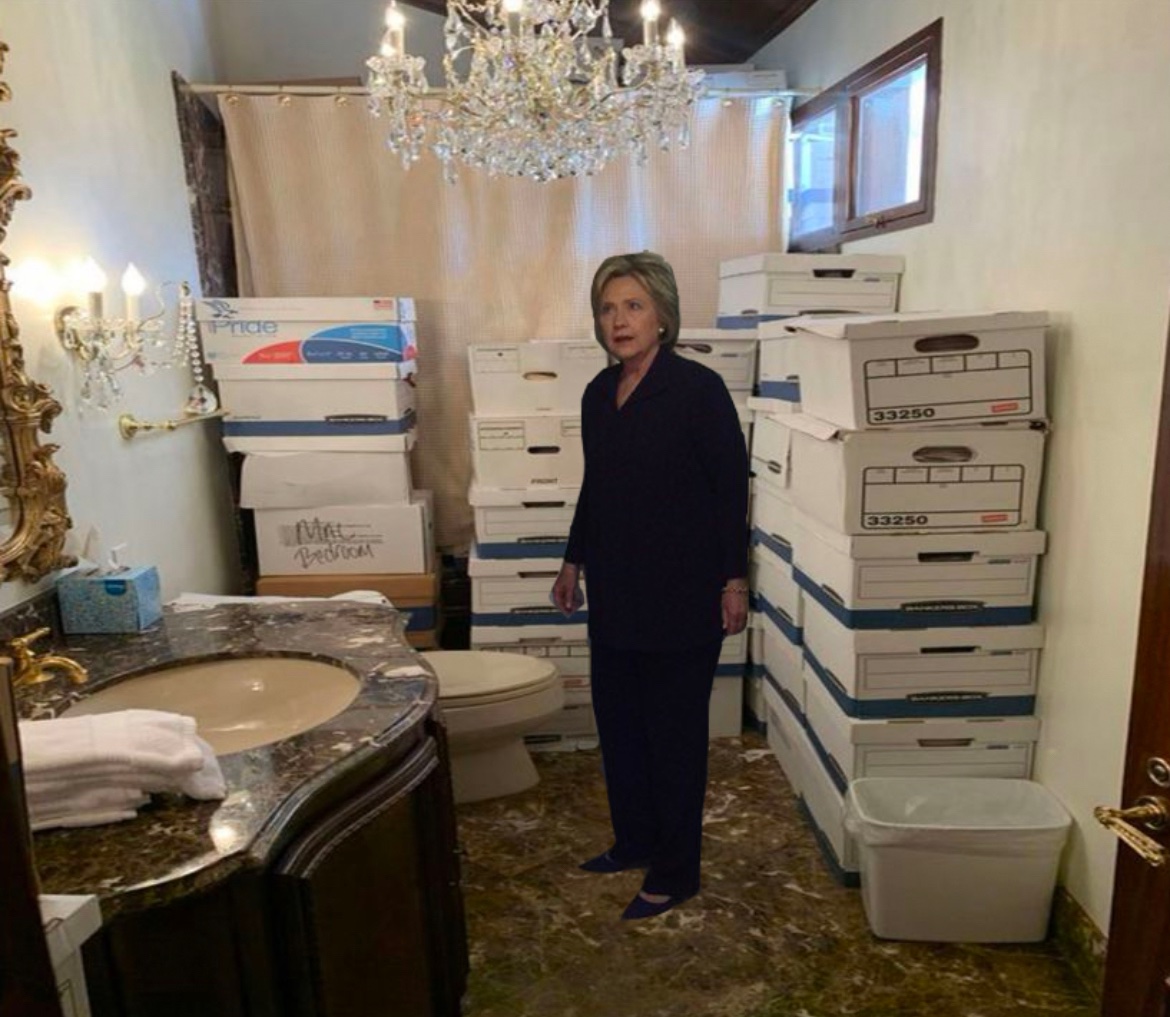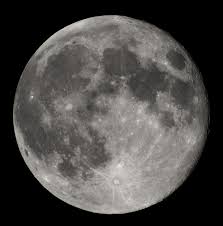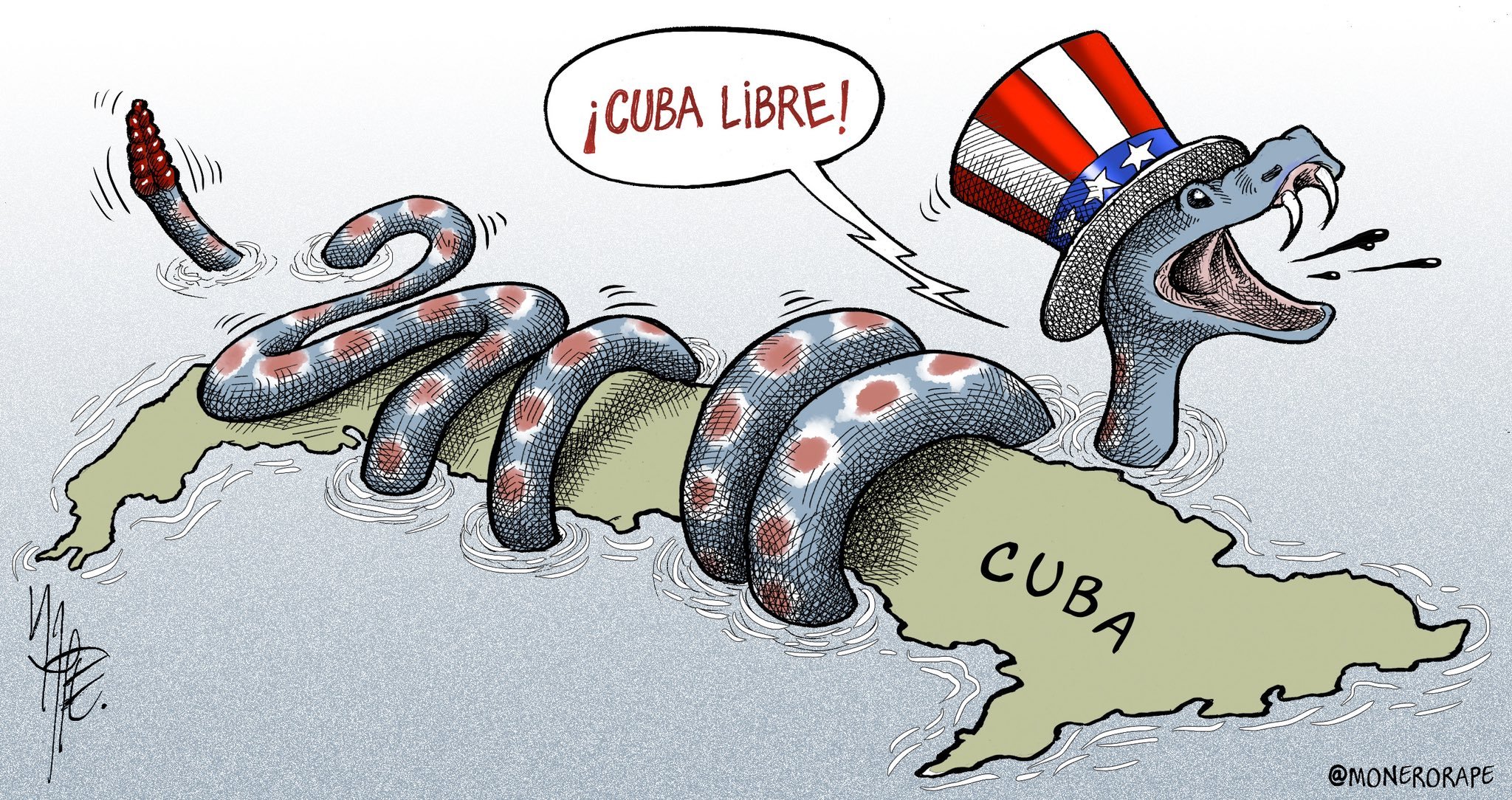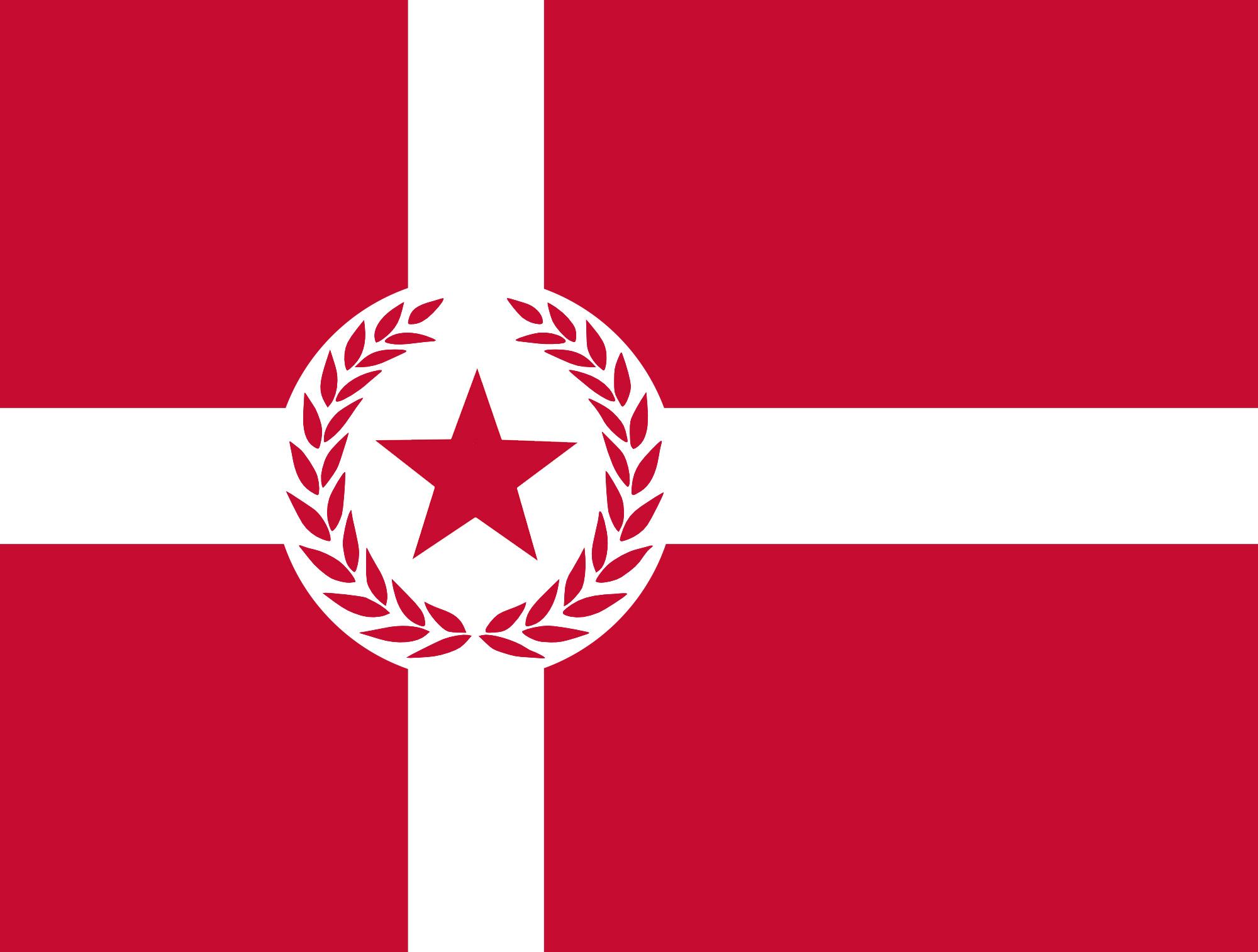I recently saw a post here commemorating Xi on his 70th birthday. Quite the accomplishment in terms of how well he is doing as a leader, and in terms of personal health.
However, this also got me thinking. What comes after Xi? Sadly he is not immortal, and is rapidly approaching an age where he will not be able to as effectively carry out his duties. Plus he deserves to retire at some point to also enjoy his life.
From this, are there plans for who will take Xi’s place? Who are the candidates with the most potential in terms of being elected? What will be China’s path after Xi’s resignation in terms of economic, geopolitical, military, and social development? Will Xi’s path be continued, or will a new leader decide to change course? Will a continuation of Dengist policies be committed to, as Xi did, or will there be a return to the policies of the Four?
Preferably Comrades who are Chinese, have ties to China, or are knowledgeable in the subject could give their observations and opinions, but for everyone else, what are your thoughts?
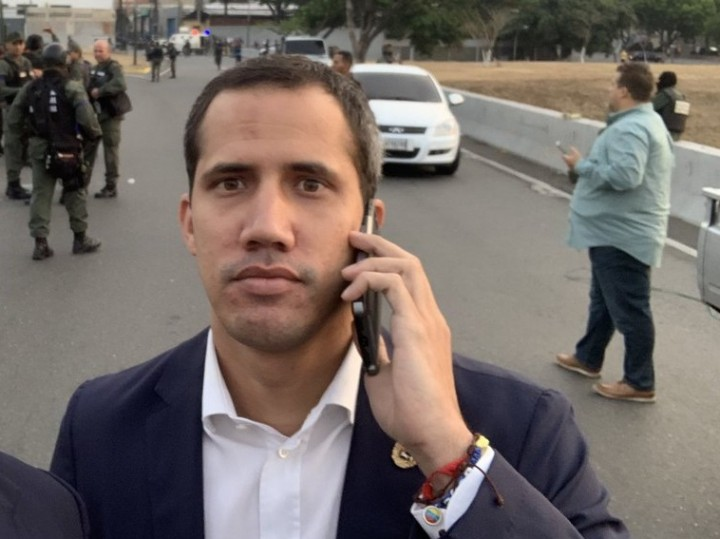
No… NO… NOOOOOOOOOOO
If this becomes true, then our favorite liberal quote related to China will come true “Thats when the real oppression began”.
Is that Guaido?! XD LMAO
Leader of the Free World™

the database rollback removed this comment so I’m posting Galactic Emperor Juan Guaidó again
pictured: Galactic Emperor Juan Guaidó
Chen will become the leader and China will move to a dunk-based economy.
Really though, I have no idea, but a “return to the policies of the Four” seems like the least likely outcome. Looking at the politburo it’s hard to make a guess. Maybe Li Qiang, but it depends on how he does. I’d want to say Wang Huning, but I don’t think he’d want to be in the public eye like that.
Chen would conquer the world over the course of a week maximum. He would melt all twitter, Facebook, and reddit user’s brains till the western population is a paltry shadow of its former self.
But thank you for the insight! I was also thinking Li Qiang, as he seems to be in the most applicable position to take Xi’s place, and he has been making strong moves, and in turn drawing attention in the public and international eye. I was unsure due to his age, and overall policies which he hasn’t brought to the forefront very much.
I’m very iffy on Wang though, he seems to be much more comfortable and applicable as a political theorist, “commissar” and bureaucrat, so I’m very unsure he’d even want a position like Premier, or do very well as one. Much more a writer then a leader.
Yeah I agree about Wang, he’s been high up in government so long but doesn’t face the public in any way that I’ve seen. He’s also just a few years younger than Xi. I was hoping there would be some younger members appointed in the last politburo to give a gesture as to where things may be heading once this generation is out.
I’m curious to see how he does, but tbh I hope it isn’t Li Qiang.
Is there a particular reason you say that for Qiang? I haven’t seen much about him that isn’t extremely neutral reporting, so I’m just wondering if there’s something I’m missing.
Also while it is a prestigious position, it seems like it is high time to appoint people to the politburo who are in the 30-50 range. The current leadership is quickly aging, and they need to begin setting up, preparing, and training a new generation. A power vacuum would be disastrous, and appointing people in their late 50’s early 60’s is just postponing the issue by a few years.
His proximity to capitalists doesn’t inspire much confidence in me, and Shanghai is a liberal mecca.
I’m not the most knowledgeable about Li (or the inner workings of the CPC), so I could be quite off base as to what he would do. The western press was pretty happy as they see him as someone to give capital more free reign (even if they then try to deride him as a Xi “loyalist”). Though I think they said the same about Xi at some point lol.
Iirc there was some hukou reform under Li in Shanghai, which is good and I hope to see it go further.
Regardless, I think Xi has done enough to set China on a specific path that will likely not be altered beyond recognition depending on who is next, nor would a less influential leader necessarily lead to a power vacuum. It will be interesting to see what happens next though.
I agree with all your points, but I will say that I was referring to a power vacuum in the Politburo itself. A power vacuum caused by many members simultaneously dying, becoming too old to serve effectively, or retiring, might cause a power vacuum which might allow less then qualified or politically nebulous figures to get a foothold in the leadership. Basically what happened in the Soviet Union in the 1980’s.
I agree, and hope that doesn’t happen. There must be some younger party members who are both committed and ready to move up, and would like to learn more about who they may be.
The more I look into Li, the more I’m worried. He seems like a disastrous figure, a Chinese Gorbachev for lack of better words.
A free market, billionaire bootlicking, Neo classical economics, free trade, no regulation, warhawk neo liberal.
He is everything that liberals claim Xi is, and the western media is overjoyed at the prospect of Li’s leadership. This seems extremely dangerous.
Unrelated question, but how do both/either of you find “unbiased” information in English on the political environment within China. I have found it very difficult myself. (Assuming you don’t speak Mandarin, that is.)
Like the other commenter said, there isn’t really any unbiased media anywhere. I read both western news (Reuters, AP Financial Times, or Foreign Policy for example), Chinese English language news (Xinhua, Global Times, Sixth Tone is decent too and more critical) and will sometimes read Guancha.cn which is in Chinese but easily translated by Google, etc… Guancha also has a user forum which I find more interesting to get an idea of what people think.
I spend more time searching out and reading academic papers from authors in China. Off the top of my head, many publish in World Review of Political Economy, China Political Economy, Review of Radical Political Economics, International Critical Thought, and Economic and Political Studies. Or translating Chinese papers with Deepl or Google, which are harder to find. I’ve been slowly tracking down papers mentioned by Roland Boer in SwCC A Foreigners Guide (Boer, if you are reading this, fuck you for using pinyin without tonal marks and not including the Chinese characters in your citations), and by Isabella Weber in How China Escaped Shock Therapy. A few places that translate newer papers is CSIS (lol don’t their intros and own essays, they are terrible), Reading the China Dream (translator is a lib, keep that in mind as to what he selects and how he introduces them. Less academic), The Center for Strategic Translation (newer and relatively neutral), Pekinology, and The East is Read (both a bit more capitalist centric in their choices). I’m always looking for more of these regardless of the translators political bend.
A sidenote: anyone that tells you there isn’t a wide and open range of political discussion in China is lying to you. From what I’ve seen there is a far wider range than what is allowed in the west.
None of this will really give you the gossip type stuff that exists around politics in the west so knowing about rumors about what is happening within the party is pretty inaccessible from where I am (with sub-preK level skill in mandarin lmao). I once read a book on inner party politics, but it was so western centric and essentialist that I couldn’t really recommend it lol, and it’s outdated at this point as iirc it was published before Xi.
There are many Chinese news agencies, government agencies, and bloggers that also hold English speaking channels and sites. Reading directly from the source is also very good and is an effective way to build your own opinion, but the most important thing is comparing a variety of sources to see what is corroborated. Chinese government sources, Chinese news, Russian news, bloggers, American news, various political analysts across the globe and so on. Everyone has their own bias which is unavoidable, so you have to sift through it all to put together the bigger picture, and you can never take anything at face value.
Basically, even if you don’t speak Mandarin, many Chinese sources will have English translations, and even a basic “site translate” built into a service like google chrome is better then nothing.
Li Qiang
is he the right wing guy?
More liberal and more of a warhawk, but I wouldn’t say he’s overtly reactionary from what I’ve seen. He is your typical “free market, no government interference”. He wants to ease regulations, and has friends in high places like international investment bankers, billionaires like Jack Ma, the Apple and bridgewater CEO’s, and foreign organizations.
He’s a potentially dangerous figure, but he’s also extremely enigmatic with his policies and beliefs, so it’s hard to pin down exactly what his end goals are, or what a lot of his beliefs are.
I do not have a good feeling about him, he seems to be everything that liberals say Xi is. Which is nothing good.
Yeah that doesn’t sound too encouraging, encouraging the bourgeoisie and not holding billionaires to task like Xi has for when they step out of line is counterrevolutionary.
Yeah I’m really not sure. Everyone in the Standing Committee of the Politburo are 60 or older, and Xi has close to five (maybe even ten??) years left.
I feel like 75-80 is pushing it significantly. Realistically the maximum is probably going to be within 2-5, as Xi is still subject to human aging and mental deterioration, and neither he nor the politburo would want a Trump/Biden situation with a decrepit leader.
This term is probably Xi’s last one.
(Repost due to comments disappearing)
Xi isn’t the first General Secretary (总书记) of the CCCPC (Central Committee of the CPC, 中共中央委员会) to serve a third term, Jiang served 13 years from 1989~2002 for 3 terms, and Xi is only in his 11th year since Oct 2022. Deng was General Secretary for 10 years in 1956~1966 (this was just 1 term), back when the Central Committee still had a President position.
In short, serving 10 years for 2 terms as a General Secretary was never the norm, only Hu Jintao fits this description. As for the President of the PRC (中华人民共和国主席), Mao (1949~1959, and technically only 1954~1959 counts, he was President of the PRC People’s Government in 1949~1954, but we’ll let that slide), Jiang (1993~2003) and Hu (2003~2013) served 10 years for 2 terms, hardly a tradition/norm. Xi is indeed serving an unprecedented third term as President of the PRC, after limits were removed in 2018’s amendment to the constitution.
Now for the various scenarios in 2027:
- Xi continues serving from 2027~2032 (5 years), not unthinkable.
- New leader in 2027~2032, and depending on the merits of the term, will continue serving until 2037/2042.
If scenario 2 occurs, the candidates to look at are:
- Current 7 members of the Standing Committee of the Political Bureau of the 20th CCCPC. (中央政治局常委)
- Current 24 members of the Political Bureau of the 20th CCCPC. (中央政治局委员)
- Current 205 members of the 20th CCCPC. (中央委员)
- Current 171 alternate members of the 20th CCCPC. (中央候补委员)
Link (in Chinese) to all the 205+171 candidates mentioned above, good luck finding the next leader!
what are those alternate members? like, what do they do?
From Article 22 of the Constitution of the CPC:
Empty seats on the Central Committee shall be filled by alternate members in order of the number of votes they were elected by.
Empty seats usually appear when members are expelled from the Party due to violations, less often when they pass away during the term.
In the published list of alternate members, the names are listed in descending order by votes received, as opposed to the list of official members which are listed by the number of strokes in their surnames.
There are also alternate members for other levels of Party committee, not just the Central Committee.
Xi isn’t the first General Secretary (总书记) of the CCCPC (Central Committee of the CPC, 中共中央委员会) to serve a third term, Jiang served 13 years from 1989~2002 for 3 terms, and Xi is only in his 11th year since Oct 2022. Deng was General Secretary for 10 years in 1956~1966 (this was just 1 term), back when the Central Committee still had a President position.
In short, serving 10 years for 2 terms as a General Secretary was never the norm, only Hu Jintao fits this description. As for the President of the PRC (中华人民共和国主席), Mao (1949~1959, and technically only 1954~1959 counts, he was President of the PRC People’s Government in 1949~1954, but we’ll let that slide), Jiang (1993~2003) and Hu (2003~2013) served 10 years for 2 terms, hardly a tradition/norm. Xi is indeed serving an unprecedented third term as President of the PRC, after limits were removed in 2018’s amendment to the constitution.
Now for the various scenarios in 2027:
- Xi continues serving from 2027~2032 (5 years), not unthinkable.
- New leader in 2027~2032, and depending on the merits of the term, will continue serving until 2037/2042.
If scenario 2 occurs, the candidates to look at are:
- Current 7 members of the Standing Committee of the Political Bureau of the 20th CCCPC. (中央政治局常委)
- Current 24 members of the Political Bureau of the 20th CCCPC. (中央政治局委员)
- Current 205 members of the 20th CCCPC. (中央委员)
- Current 171 alternate members of the 20th CCCPC. (中央候补委员)
Link (in Chinese) to all the 205+171 candidates mentioned above, good luck finding the next leader!
Omicron, obviously.
Im sure there are plans, but idk them and its hard to know who could or will, many names that are potential.
I have no idea
Whatever happens, I hope that the situation in the USSR where there was no clear, competent successor to Stalin does not occur.
whoever it is, they must be competent and continue developing china or all of the efforts of the past decades could be lost.
